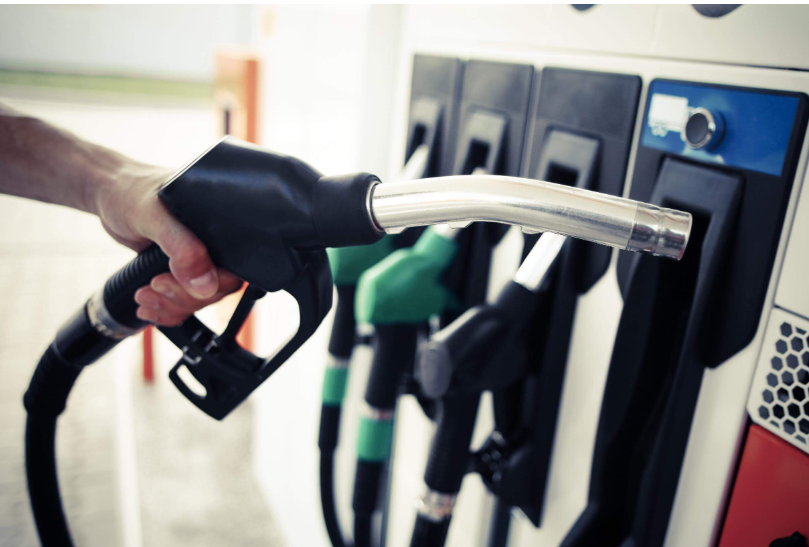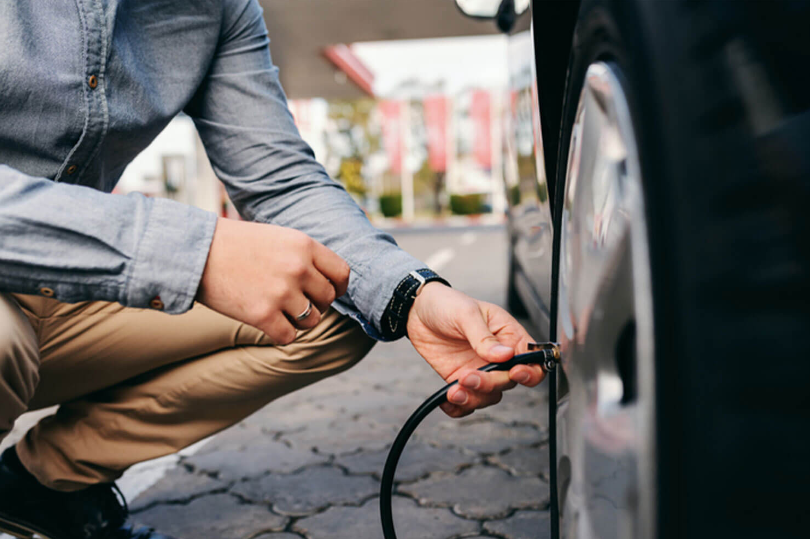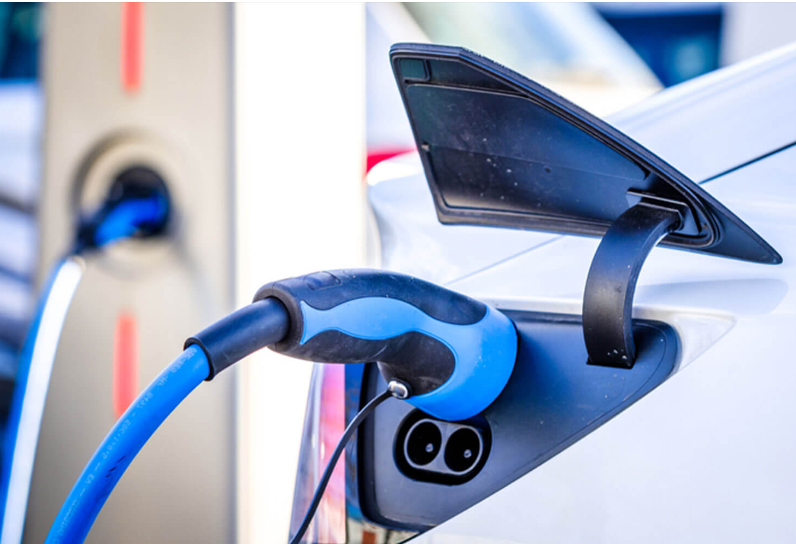
With rising fuel prices, everyone seeks ways to cut down on fuel costs and save money. What are the most effective strategies for minimizing motoring expenses while still making necessary trips? Here are some tips to quickly reduce your fuel spending.
Adjust Your Driving Habits
Modify Your Speed

Lowering your cruising speed by just a few miles per hour can significantly improve fuel efficiency. According to the Energy Saving Trust, Department for Transport tests reveal that driving at 75mph on a motorway consumes nearly 15% more fuel than driving at 60mph.
Although a 10mph reduction in speed might add about 10 minutes to your journey time over an hour, if you can’t afford the extra time, even reducing your speed by 5mph can lead to substantial fuel savings.
Many vehicles are equipped with cruise control, which helps maintain a constant speed on highways. Using this feature can improve fuel efficiency as the car can maintain a steady speed better than manual acceleration. However, avoid using cruise control on winding or congested roads. Instead, focus on gradual acceleration and braking to enhance fuel economy. Maintaining a steady speed and anticipating road conditions can boost your miles per gallon significantly.
Always search for the most affordable fuel stations, as supermarket fuel providers often offer the lowest prices.
Maintain Your Vehicle
Regular Maintenance

Keeping your vehicle well-maintained is crucial for reducing fuel costs. One significant factor affecting efficiency is tire pressure. Under-inflated tires can increase drag by up to 20% and reduce fuel efficiency by 5%.
For example, a Ford Focus 1.0 EcoBoost that can travel 549 miles on a full tank would see its range drop to 522 miles with under-inflated tires, losing 27 miles per tank. Properly inflated tires can make a noticeable difference.
Remove any unnecessary weight from your car’s trunk and interior to prevent the engine from working harder. Also, take off roof rails, top-boxes, and bike carriers when not in use, as they add weight and reduce the car’s aerodynamic efficiency. Each additional 25kg can increase fuel consumption by about 1%.
Although air-conditioning systems are now more efficient, they still consume a lot of energy, especially when set to extreme temperatures. Gradually adjusting the temperature and using the recirculation setting can help maintain comfort while saving fuel.
Consider Upgrading Your Vehicle
Leasing Newer Models

Leasing a newer, more efficient car can lead to significant fuel savings. Modern vehicles come with the latest fuel-saving technologies, such as engine stop/start systems, mild hybrid technology, connected car services, and efficient automatic transmissions.
Hybrid cars often match diesel vehicles in fuel efficiency and are generally cleaner and better for urban driving. Plug-in hybrids offer electric power for short trips and the support of an engine for longer distances, making them a good option for those not ready for fully electric cars.
Switching to a fully electric vehicle can also reduce fuel costs significantly. Modern electric cars have improved range and offer lower running costs. Charging an electric vehicle overnight on an off-peak plan can reduce costs to just 3p or 4p per mile, compared to the 15p-22p per mile typical for petrol or diesel cars. Leasing an electric car can be more affordable through budgeted monthly payments without a hefty upfront cost.
Even with increasing electricity prices, electric cars remain cheaper to operate than petrol or diesel vehicles.
Additionally, if your employer offers salary sacrifice schemes, such as those for cycle to work or nursery vouchers, inquire about leasing an electric car through salary sacrifice. This can allow you to drive an electric vehicle for less than it would cost personally, thanks to tax and national insurance savings.
By following these tips, you can effectively reduce your fuel expenses and save money while enjoying the benefits of modern vehicle technology.

















